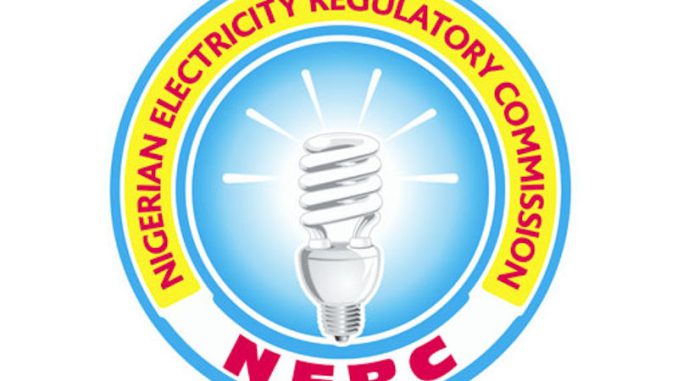
By ordering the System Operator to restrict electricity exports to Benin, Niger, and Togo, the Nigerian Electricity Regulatory Commission (NERC), the government agency in charge of overseeing the country’s electricity industry, has taken a major step toward addressing domestic power issues. Improving Nigerian consumers’ access to a steady and dependable electricity supply is the top priority in this action. For the purpose of running necessary appliances, lights, and information and communication technology, there must always be electricity available. Remaining competitive and running a business effectively are also essential. The Commission’sY emphasis on securing a steady and dependable electricity supply for Nigeria’s social and economic development is reflected in NERC’s directive.
Report:
Nigerians have long struggled with sporadic power outages. The NERC directive emphasizes bolstering domestic power availability as a solution to this. Nigeria is the source of electricity imports for Benin, Niger, and Togo. Meeting the needs of Nigerian citizens is prioritized in NERC’s decision, though. By giving this priority, Nigerian homes and businesses will have access to a more dependable supply of electricity for daily use. For the purpose of running necessary appliances, lights, and information and communication technology, there must always be electricity available. Remaining competitive and running a business effectively are also essential. The necessity of a steady and dependable electricity supply for the nation’s social and economic development is reflected in NERC’s directive.
Potential Justifications for the Choice:
Unpaid Debts: According to news reports, these nations might owe Nigeria money for unpaid electricity bills [punchng.com]. Suppressing supply might be one strategy for collecting money. Nigeria has the ability to encourage Benin, Niger, and Togo to pay off their outstanding debts by lowering the quantity of electricity that is available for export. Countries frequently employ this strategy to pursue unpaid international debts. It serves as a means of emphasizing the value of on-time payments and motivating future electricity buyers to behave more responsibly.
Inadequate Generation Capacity: Nigeria may not be able to meet its export obligations and domestic demand for electricity given its current generation capacity. There are a few possible causes for this, such as the scarcity of natural gas for gas-fired power plants.
insufficient investment in new power plants or insufficient maintenance of the infrastructure currently used for the production of electricity. Notwithstanding the precise causes, NERC has chosen to give priority to domestic supply because it is unable to satisfy both contractual export obligations and domestic needs.
Possible Effects:

Better Power Supply in Nigeria: Access to electricity may be more reliable and consistent for Nigerians. Longer power availability hours could result from this, lowering the need for generators and enhancing business continuity. Everyday tasks like lighting, refrigeration, and using electronics would be less likely to be disrupted in homes. Additionally, by making the power grid more stable, there would be less chance of voltage fluctuations harming appliances.
Tense Relations with Neighboring Nations: Businesses that depend on a steady supply of electricity for operations may experience disruptions due to a limited power supply. Production halts, employment losses, and a drop in tax income for the impacted nations could result from this. In addition, hospitals and clinics may find it difficult to continue providing basic services in the event of limited electricity. The regular occurrence of power outages in homes and businesses could have an adverse effect on the quality of life for citizens in Benin, Niger, and Togo. This might cause problems with vital services like refrigeration and water pumping.
Additionally, given their high operating costs and potential to pollute the air, generators and other alternative power sources may become more common.
Emphasis on Increasing Domestic Generation: This action may indicate that Nigerian authorities are trying to increase the capacity of domestic generation. This could entail a multifaceted strategy that includes expanding investment in new power plants, changing the energy mix to include renewable energy sources like wind and solar power, and renovating the infrastructure currently used for power generation. In addition to helping meet the rising demand for electricity, investing in renewable energy sources would lessen dependency on fossil fuels and promote environmental sustainability. Nigeria would have efficient electricity transmission from generation sources to consumption centers if the national grid was expanded and upgraded. The directive from NERC can act as a spur for the government, private investors, and regulatory agencies involved in the Nigerian power industry. to cooperate in order to achieve dependable and sustainable home power production.

Be the first to comment